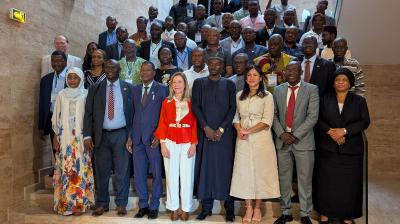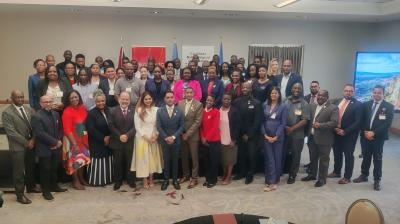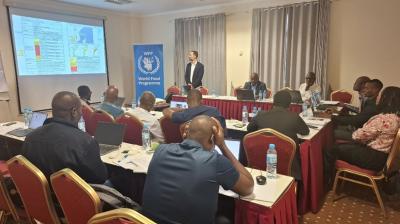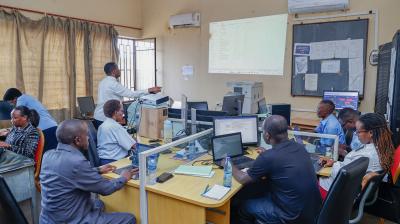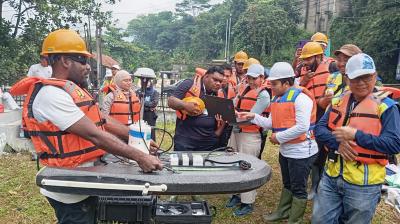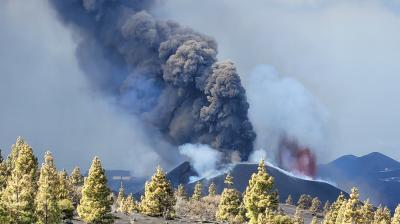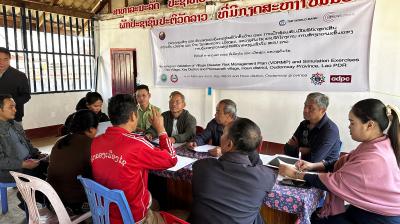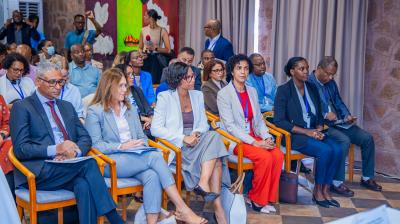Scaling up Financing for Early Warnings: a climate investment imperative
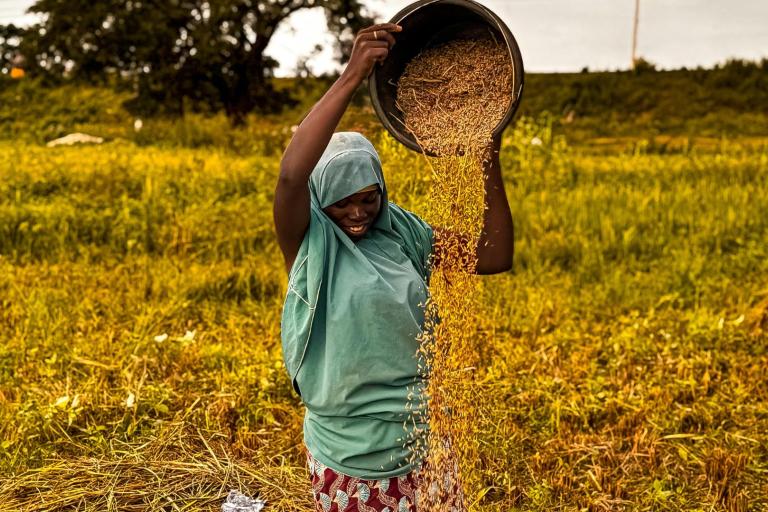
The Fourth International Conference on Financing For Development, held from 30 June to 3 July in the Spanish city of Sevilla, brought together heads of state, ministers of finance, UN and development bank heads, aimed at advancing practical ways to close the Sustainable Development Goal financing gap.
The main message from the Conference, was to urgently scale up public and private finance, including tripling development bank lending, expanding blended finance, and improving debt solutions so that all countries can achieve the 2030 Agenda.
UN Deputy Secretary-General Amina Mohammed said that delegates had made “a serious and long overdue attempt to confront the debt crisis” while aiming to close the massive financing gap for the 2030 Sustainable Development Goals (SDGs).
“Sevilla will be remembered not as a landing zone, but as a launchpad for action, to improve livelihoods across the world,” said Carlos Cuerpo, host Spain’s chief finance minister, at the closing press conference.
“Together, we have sent a strong message of commitment and trust in multilateralism that can yield tangible results to put sustainable development back on track.”
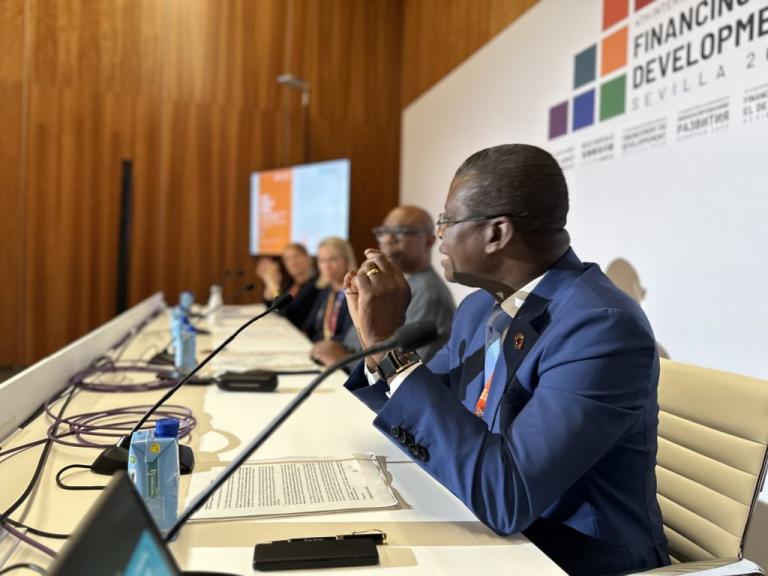
Systematic Observations Financing Facility
A WMO side event focussed on Scaling Up Financing for Early Warnings – Raising the Ambition for MHEWS and Strengthening Resilience through Innovative Climate Finance and Partnerships.
This is a timely opportunity to align climate finance with the real needs of communities on the frontlines—and to ensure early warnings reach everyone, everywhere, participants heard.
Early warning systems are among the most effective and affordable tools we have to protect lives, livelihoods, and decades of development gains from escalating weather and climate hazards.
In this context, the Systematic Observations Financing Facility (SOFF) presented its plans to scale up innovative finance for a global public good – basic weather and climate data.
The spotlight was on how the envisioned SOFF Impact Bond and global partnerships can unlock sustainable investment in Small Island Developing States and Least Developed Countries.
“Basic weather and climate observations are a global public good. Yet too many regions still lack the data to improve forecasts. This is needed to protect lives and livelihoods,” said Thomas Asare, WMO Assistant Secretary-General, in his opening remarks.
“With the SOFF Impact Bond, we aim to change that by aligning sustainable finance with the urgent need for systematic observations.”
The session drew a diverse audience of policymakers, donors, multilateral agencies, and civil society representatives committed to advancing the UN Secretary-General’s Early Warnings for All initiative.


